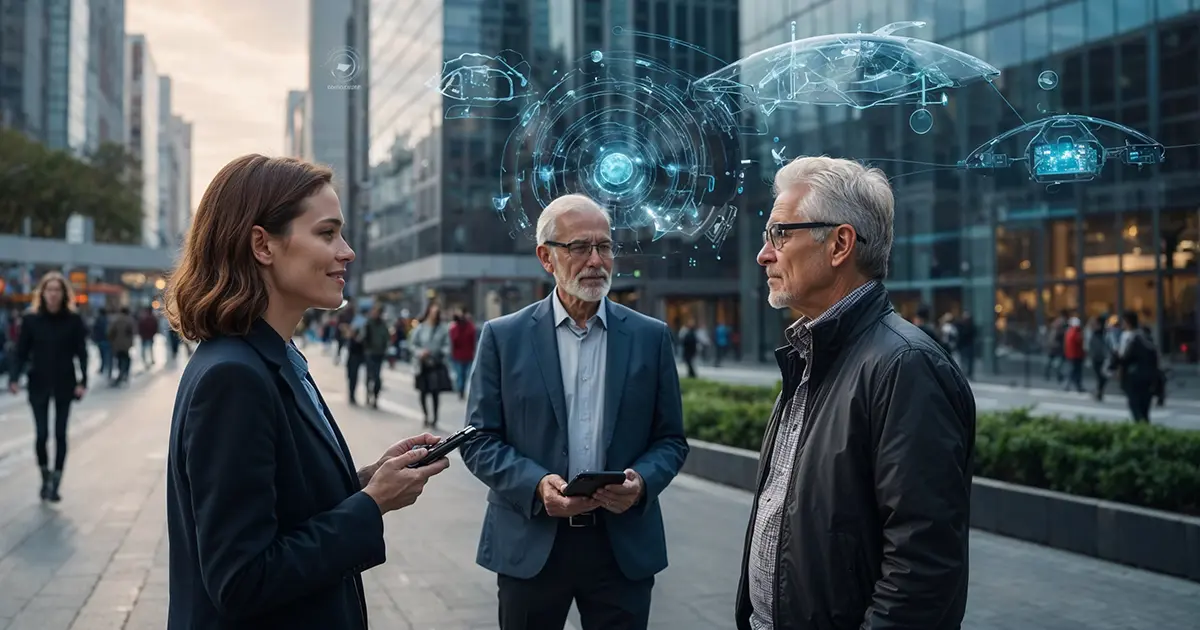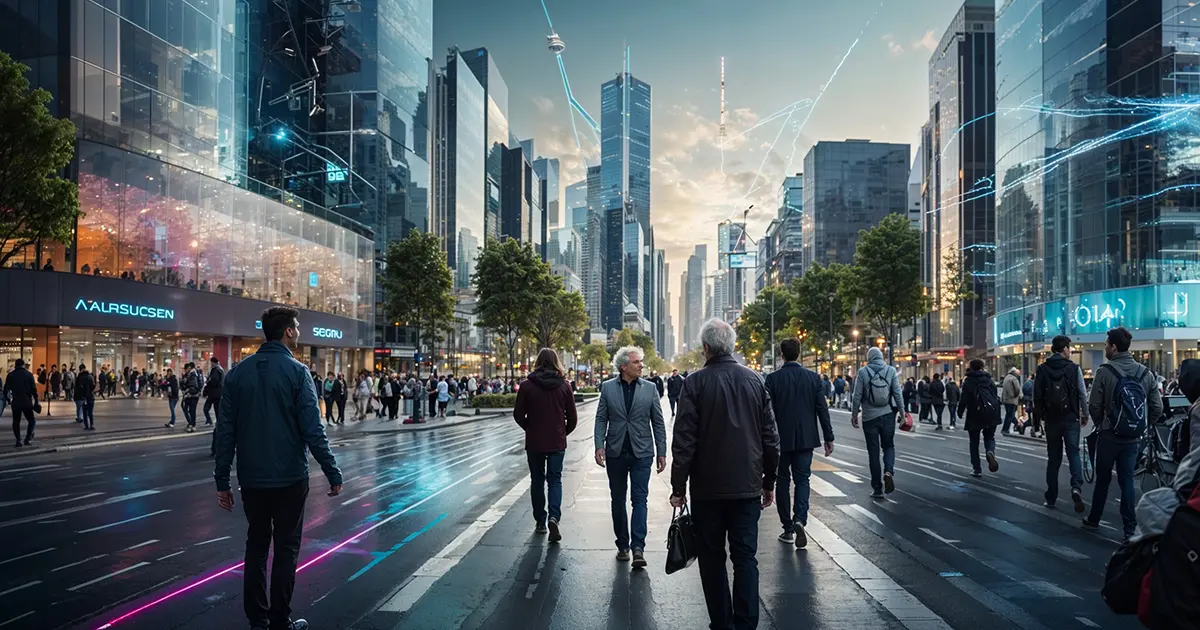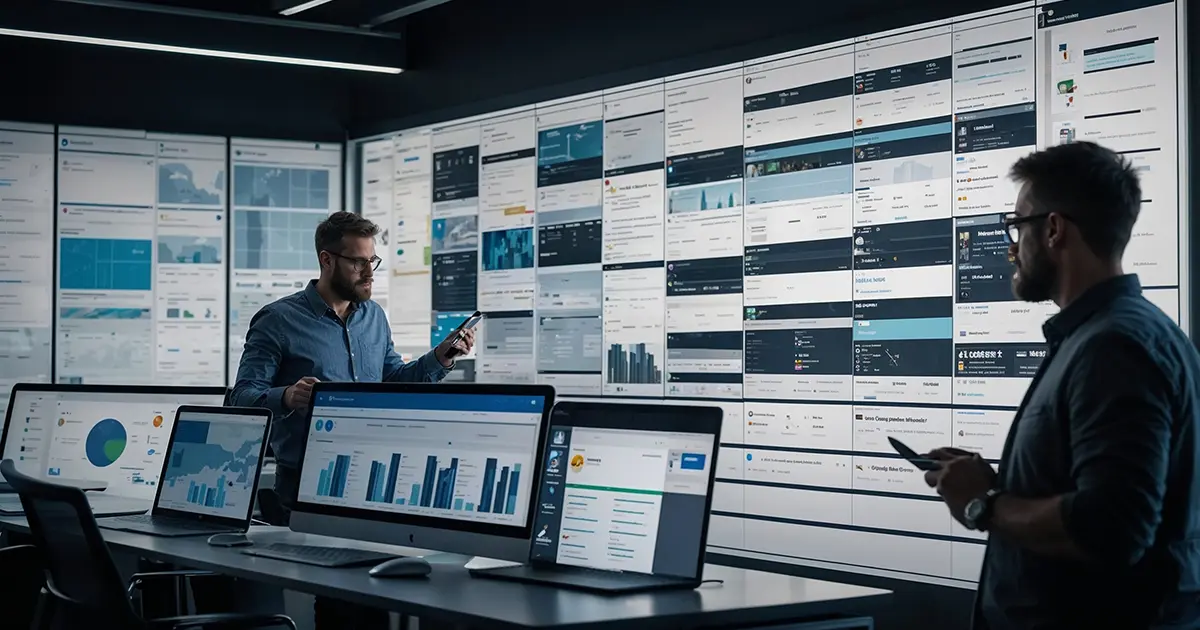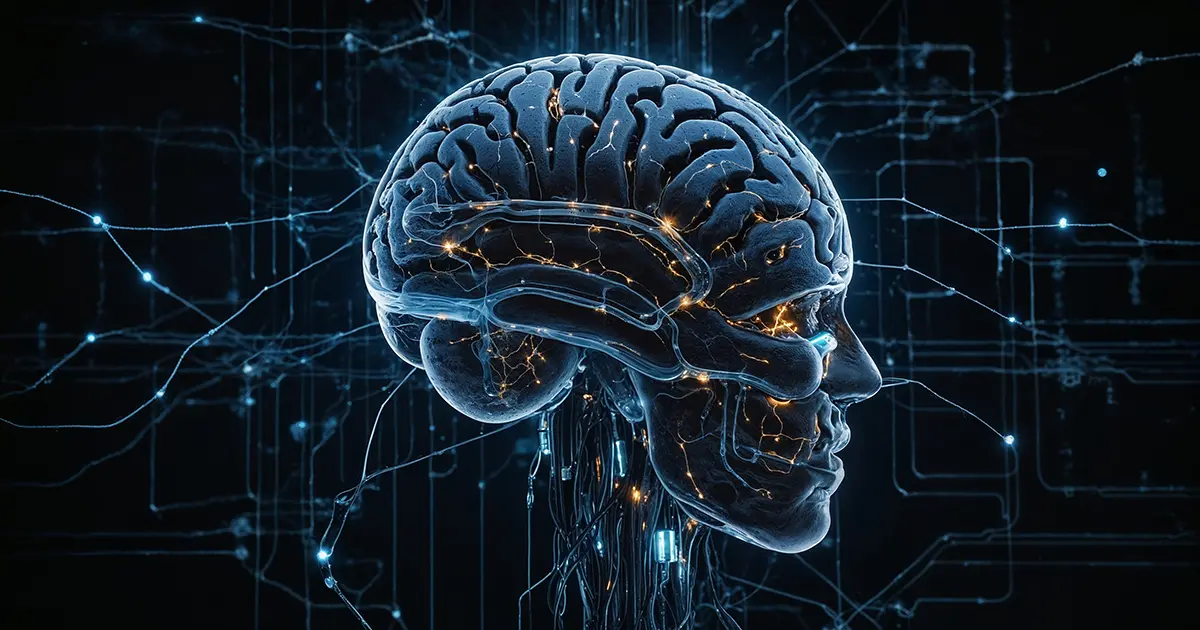The Future of Artificial Intelligence and Its Impact on Humanity
Artificial intelligence isn’t just for tech enthusiasts-it’s becoming a part of everyday life and offers many benefits for people over the age of 60. This guide explains how AI can improve daily routines, from enhancing safety to tracking health, with specific tools and tips to help you start using AI today. Explore accessible apps and practical advice to make AI your helpful companion in simplifying tasks, learning new skills, and staying connected.
AI in our lives: What it is and why we need it
Artificial intelligence (AI) is becoming a part of everyday life, appearing in areas as familiar as Netflix recommendations or smartphone voice assistants. Companies like Google, Amazon, and Apple have developed AI tools to make everyday tasks easier. For example, Google Photos uses AI to organize your photos by people or places, so you can find any photo instantly. For beginners, exploring AI can feel overwhelming, but starting with simple tools can make a big difference. Try apps like ChatGPT to answer questions, or Replika, which serves as a virtual friend and conversation partner, offering companionship and even checking in on your mood.
Business and the labor market: How AI is transforming work
AI is transforming work by automating repetitive tasks, which can improve productivity and streamline processes in industries such as retail, healthcare, and logistics. Retail giant Amazon, for example, uses AI-powered robots to efficiently sort and pack orders. But automation can also mean that some jobs will change, and understanding these changes can help you keep up with new skills and opportunities.
Key Points:

For those who want to learn, especially beginners over the age of 60, start with beginner-friendly platforms like Coursera, which offers free and low-cost options. You’ll find courses on the basics of AI that will help you gain insight without any prior technical knowledge.
Modern education: Why AI learning is essential for all generations
Educators around the world are incorporating AI fundamentals into school curriculums, preparing younger generations for a tech-driven future. For those over 60, AI tools also offer endless learning opportunities. Many universities now offer free courses on topics like machine learning and data analytics through platforms like Stanford Online and Coursera. For self-directed learning, accessible tools like Khan Academy and Code.org offer hands-on courses that introduce core concepts without overwhelming you with details.
Practical tip: Dive into the basics with SoloLearn, which guides you through programming in a simple, friendly way, or try interactive courses on edX for a gradual, supportive introduction to AI.
Bridging the digital divide: Making technology accessible
One of the most important goals of AI is to make technology accessible to everyone, regardless of age, background, or resources. Some parts of the world, such as parts of Africa, still have limited access to basic digital infrastructure, creating a divide between those who can benefit from technology and those who cannot. Understanding this divide underscores the need for accessible, easy-to-use tools.
If you want to get started without a financial commitment, try free learning tools like YouTube or Khan Academy for AI and tech-related tutorials that provide a gentle introduction to many topics.
Security and ethics in AI: Protecting privacy
As AI grows, so do concerns about privacy. In China, for example, AI-powered cameras and facial recognition are raising questions about the balance between security and privacy. Many people are wondering how to keep personal information safe in a world where data is often shared. Google, Facebook, and other tech giants are constantly working to improve user privacy. But understanding how to protect your data is just as important.
Tip: To protect your data, start with the basics: consider DuckDuckGo for secure, private browsing, and try Brave Browser, which automatically blocks ads and tracking scripts. For added password security, try a password manager like Bitwarden or LastPass, which generate strong, unique passwords and store them securely.

AI in everyday life: Simple apps to simplify your routine
AI isn’t just for work, it’s also a practical aid in everyday life. For example, MyFitnessPal uses AI to track calorie intake and fitness goals, while Google Home connects to a variety of smart devices, making it easy to adjust lights or check the weather with voice commands. For relaxation, meditation apps like Calm and Headspace use AI to personalize mindfulness programs based on your preferences.
Recommendations: If you’re interested in trying AI for health tracking, consider downloading MyFitnessPal. For home management, try Google Home. And for relaxation, apps like Calm and Headspace are designed to reduce stress through daily meditation sessions.
AI and humans working together: The power of collaboration
Today, AI is more than a tool-it is becoming a partner in decision making and improving problem solving. IBM Watson, for example, helps doctors by analyzing massive amounts of medical data to recommend treatments. Project management tools like Trello and Asana use AI to organize team projects and help employees easily track tasks and deadlines.
If you want to stay organized or keep track of personal tasks, consider tools like Notion or ClickUp. These platforms are beginner-friendly and make it easy to manage projects, schedules, and lists without technical knowledge.
The future of AI: Where to start for a bright tomorrow
As we look to the future, the potential of AI excites experts and users alike. Many, like Elon Musk, caution about the ethical concerns and potential risks associated with AI-especially in areas such as security and privacy. However, many companies are investing in AI to support positive outcomes. Google, for example, has developed AI solutions that reduce energy consumption in data centers, and similar efforts show promise in combating climate change.

If you’re curious to learn more about the benefits and challenges of AI, check out reputable sites like MIT Technology Review or Wired, which provide regular insights into the growth of AI. These resources are excellent starting points for understanding the impact, risks, and applications of AI in simple, user-friendly terms.
For real-world use, you can start exploring personal AI applications right away. Here’s how to get started:
- Download simple apps: Start with MyFitnessPal for health tracking or Headspace for meditation-these apps are designed to be easy to use.
- Use search tools: DuckDuckGo for private searches or Brave Browser for ad-free browsing can give you more privacy online.
- Stay informed: Follow blogs like MIT Technology Review for accessible information on AI advances that can inspire you to keep learning.
AI is a journey, and there’s no rush. Start with small steps and explore at your own pace to see how these tools and insights can simplify your life.

















